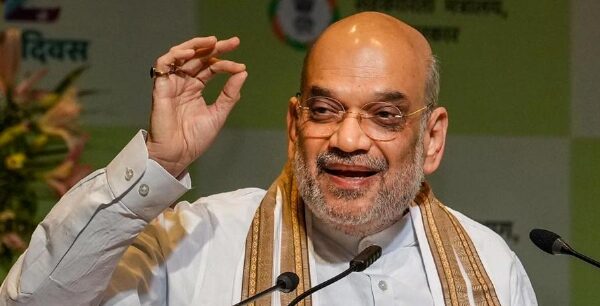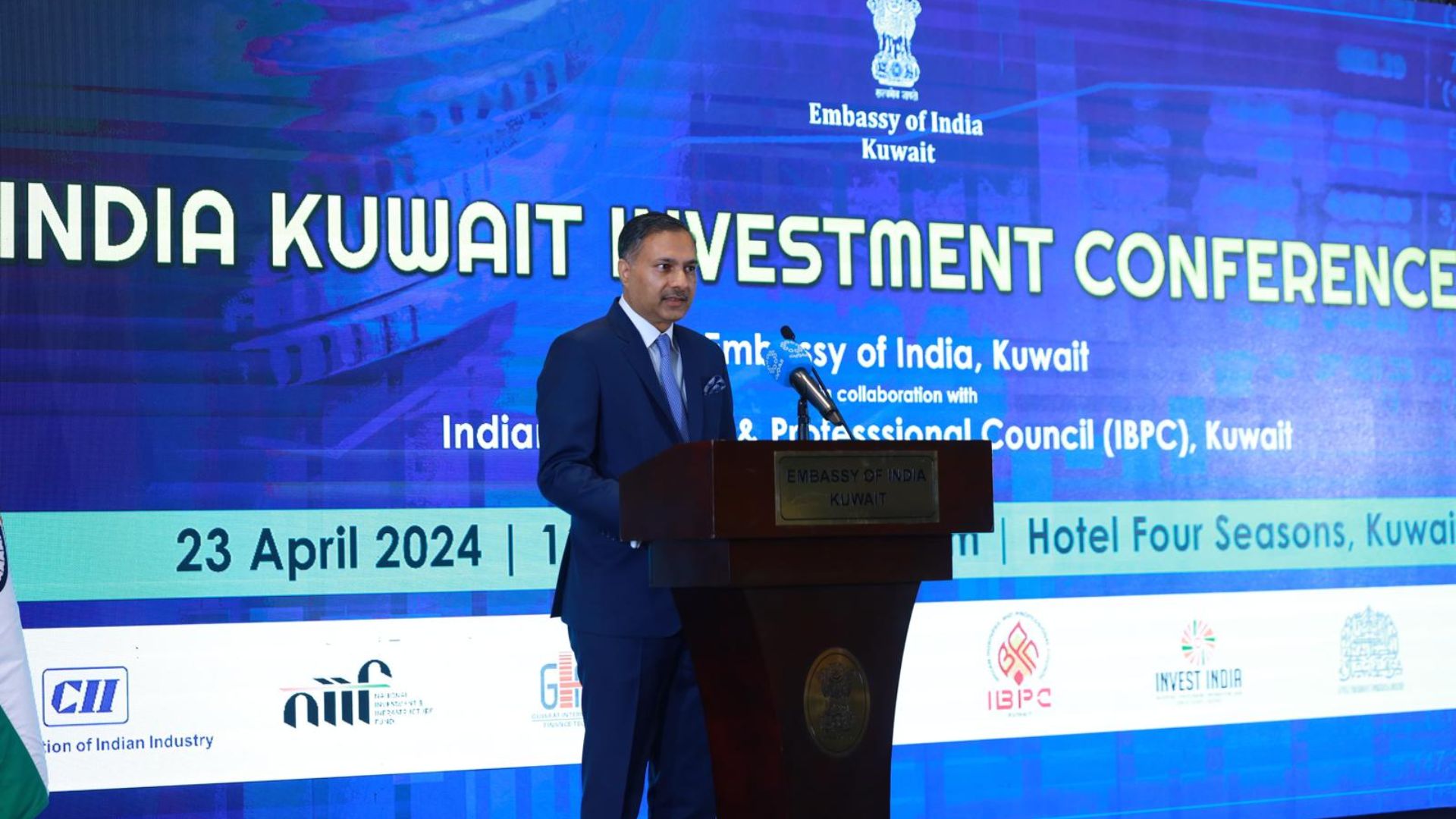


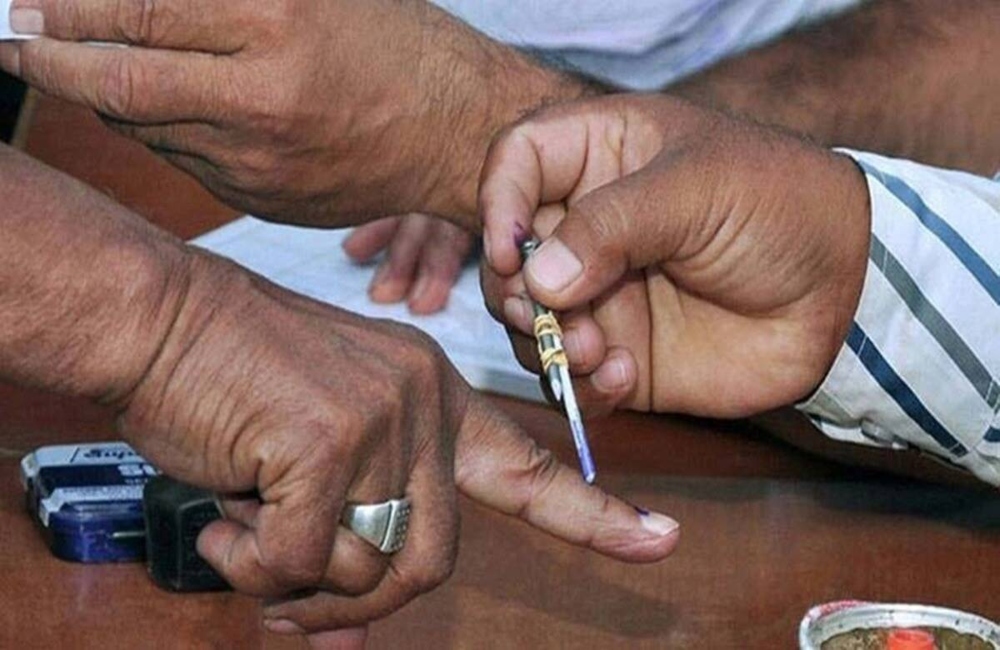
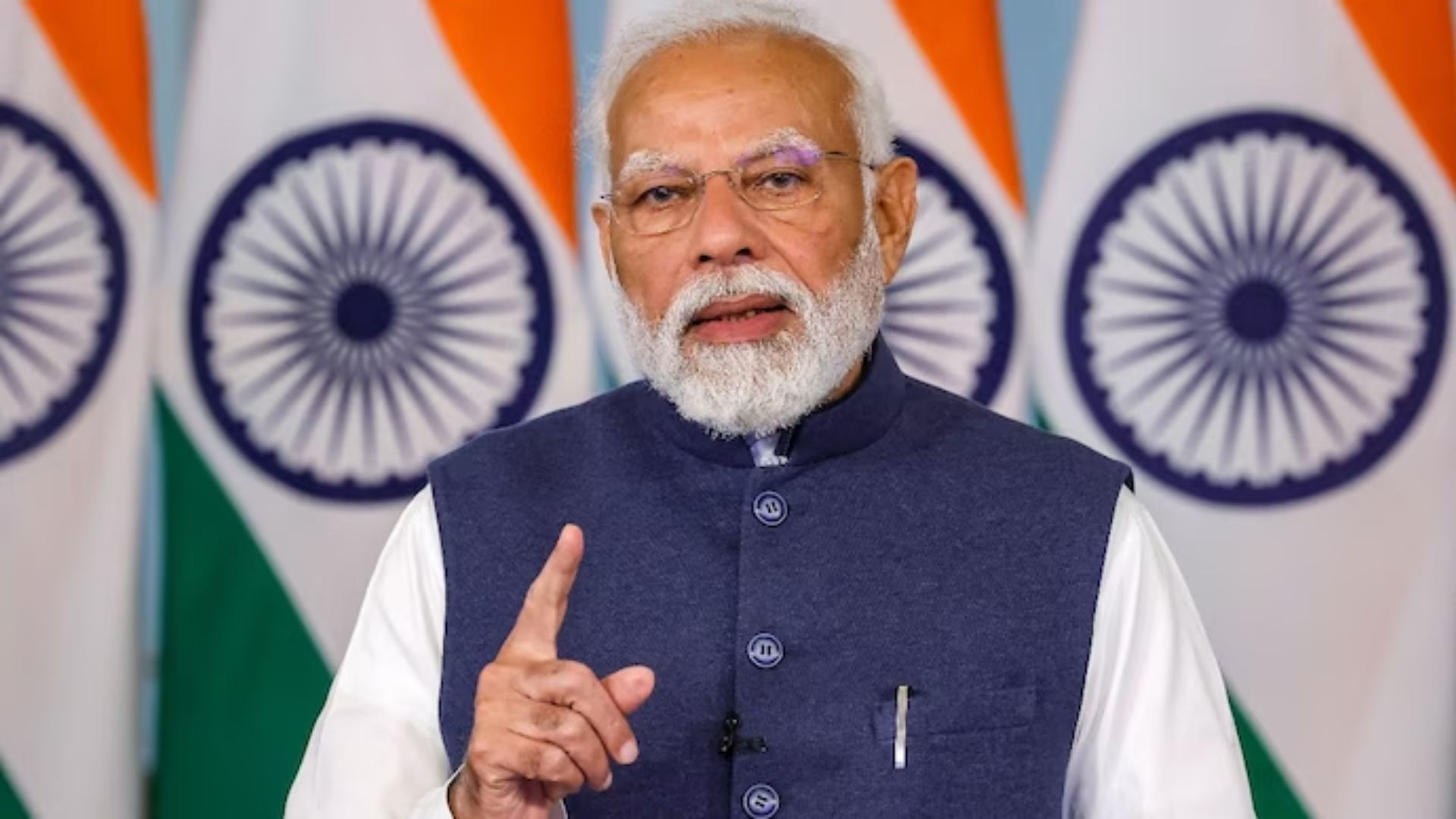
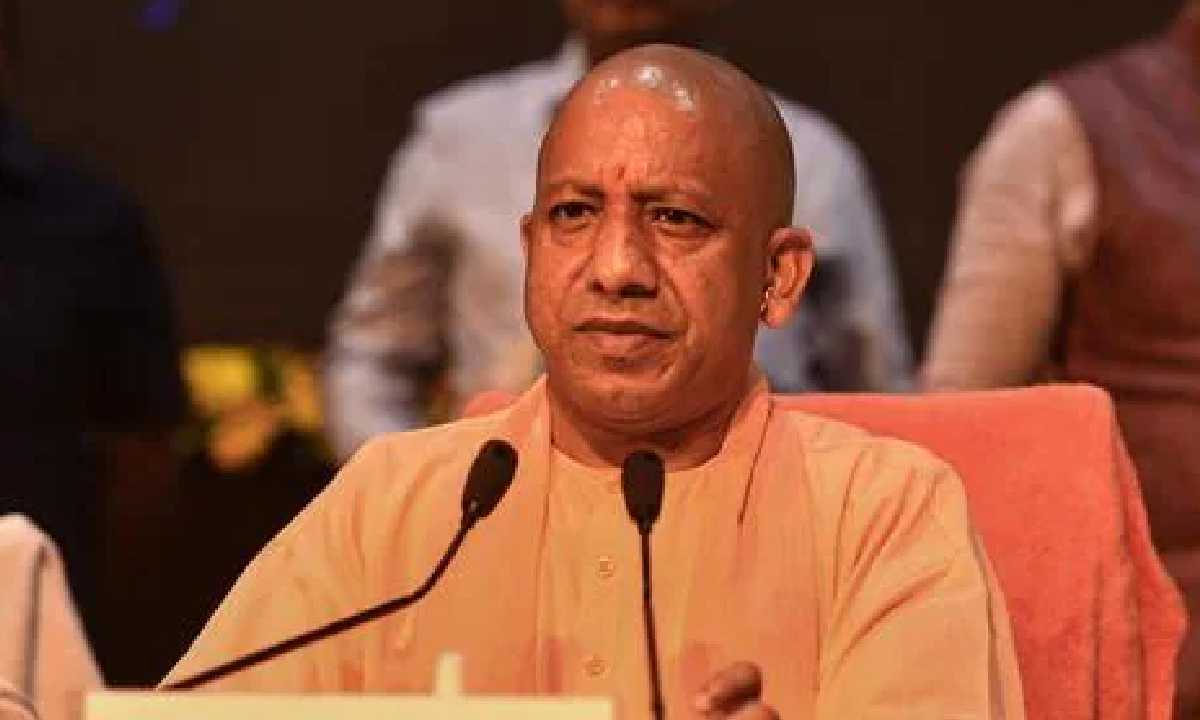

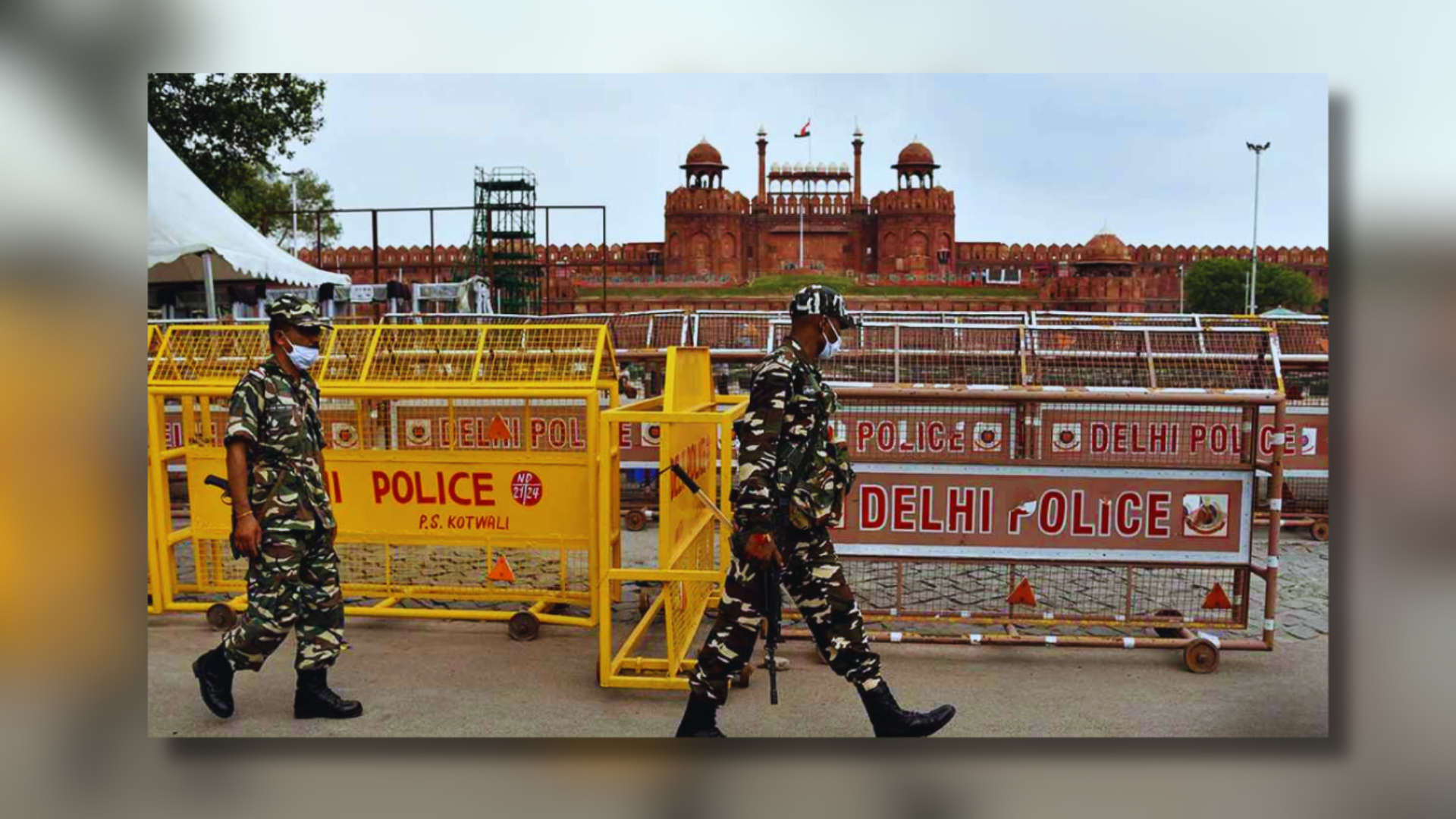
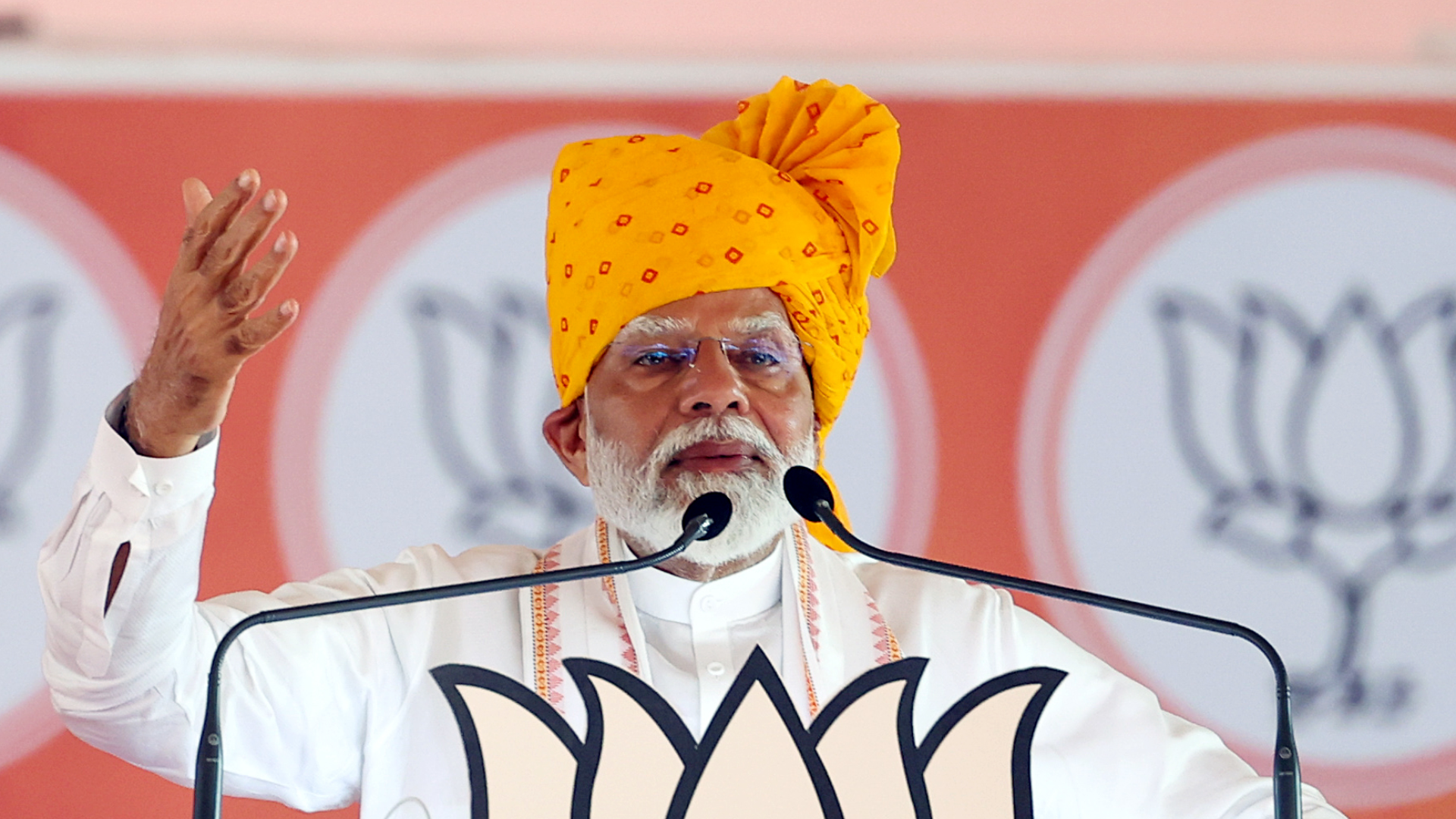

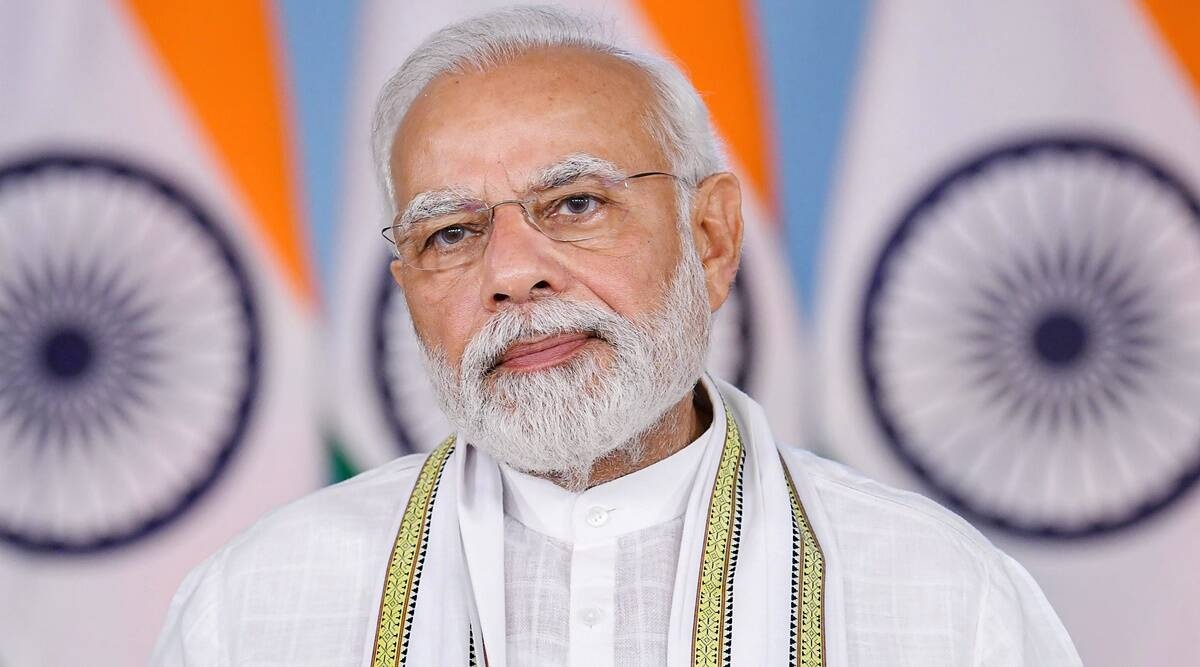
Prime Minister Narendra Modi remarked on Sunday that democracy runs through the veins of Indians and referenced the recently launched book India: The Mother of Democracy.
On November 24, 2022, Union Education and Skill Development Minister Dharmendra Pradhan released the book ‘India: The Mother of Democracy,’ prepared and published by the Indian Council of Historical Research (ICHR).
The book is an attempt to highlight the democratic attitude that has been instilled in India since the birth of civilisation. PM Modi described the book as “very interesting” and said it contains a lot of good articles while speaking on the 97th edition of Mann Ki Baat.
“A very interesting subject has been discussed in this book which I received a few weeks ago. The name of this book is India: The Mother of Democracy and it has many excellent essays. India is the largest democracy in the world and we Indians are also proud of the fact that our country is also the Mother of Democracy,” PM Modi said.
On December 23, 2022, the Prime Minister got the book. “Democracy is in our veins, it is in our culture. It has been an integral part of our work for centuries. By nature, we are a Democratic Society. Dr Ambedkar had compared the Buddhist monks union to the Indian Parliament. He described it as an institution where there were many rules for Motions, Resolutions, Quorum, Voting and counting of votes,” he said adding that Babasaheb believed that Lord Buddha must have got inspiration from the political systems of that time.
Later in his speech, PM Modi mentioned Utirmerur, a well-known Tamil Nadu hamlet, and how the book illustrates the proper technique to hold Gram Sabha.
“There is a small but famous village in Tamil Nadu – Utirmerur. Here an inscription of 1100-1200 years ago surprises the whole world. This rock-edict is like a mini-constitution. It has been explained in detail how the Gram Sabha should be conducted and what the procedure for selection of its members shall be,” he said.
He further stated that Lord Basaveshwara’s Anubhav Mandapam from the 12th century demonstrates how free debate and discussion were fostered at the time.
“The republican traditions of the Kakatiya dynasty kings of Warangal were also very famous. The Bhakti movement furthered the culture of democracy in western India. An article has also been included in the book on the democratic spirit of the Sikh Panth which throws light on the decisions taken by the consensus of Guru Nanak Dev Ji,” the Prime Minister said.
PM Modi went on to say that the book contains a wealth of knowledge on community-driven and consensus-driven decision-making in the Oraon and Munda tribes of central India.
“After reading this book, you will feel how the spirit of democracy has been flowing in every part of the country for centuries. As the Mother of Democracy, we should constantly think deeply about this topic, discuss it and also inform the world. This will further strengthen the spirit of democracy in the country,” he asserted.
Notably, when India gained independence in 1947, a pledge was made to provide its population with a democratic type of governance.
The country’s Constitution, which went into effect on January 26, 1950, established the basis for a democratic republic. India distinguishes itself from its South Asian neighbours by its dedication to sustaining the democratic principles entrenched in the country’s Constitution.
It is considered that India is thriving because of its deeply rooted democratic roots, which provide the desire and direction to make the right decisions in any situation.

